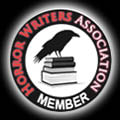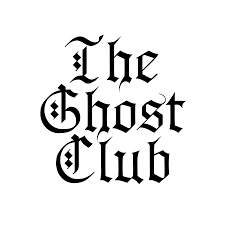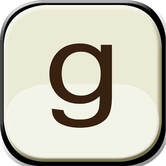Urban Fantasist
Menu
|
URBAN FANTASIST |
|
Last Saturday (April 18) East Anglian Writers (affiliated to the UK's Society of Authors, I'm the EAW membership secretary BTW) held its annual seminar. This year's topic was "Being a Hybrid Writer in the 21st Century" and the two guest speakers were the award-winning novelist, poet, playwright and activist (she led the campaign for public lending rights in the 1970s and helped found the ALCS among other things) Maureen Duffy and publisher turned Curtis Brown literary agent Norah Perkins.
There was an enthusiastic audience - I've never seen so much note-taking during a talk and the Q&A session that followed only had to stop because we ran out of time!. Discussing the state of the UK book scene today, Duffy described writers as "a grass roots workforce subsidising the publishing industry" because writers provide the raw materials (their content) free of charge and only then do publishers decide whether they'll use it and what price they are prepared to pay. In effect, publishers take advantage of the fact most writers, according to Duffy, write "because we must, because we have to do it, because we love it." "Publishers," she added, are dominated by sales departments who think they know what people will buy," with the result that publishers' lists "prioritise TV chefs, footballers and soft porn." This also explains why, despite her reputation, she had to self-publish her latest novel because her publishers wanted her to make major cuts she was unwilling to make. Can you still earn a living as a writer? Duffy said recent ALCS (the Authors Licensing & Collecting Agency) research showed that over the last six years, writers' incomes had dropped by 29%, with the result that today just 11% of authors can now live on their writing incomes alone, compared with 40% six years ago. Around 5% of authors earn 42% of total UK book revenues, with earnings of £100,000 not uncommon while 50% earn just a 7% slice of the pie. In fact 17% of authors reported earning nothing last year, despite their books being in print. The median annual income for traditionally published authors is currently between £3000-to-£5000 compared with £500-to-£1000 for self-published authors and £7500-to-£10,000 for "hybrid authors." (More about them later.) Incidentally, in 2014 only 2% of Arts Council grant money went into literature – which also explains why so many indie publishers are struggling. These figures prompted Duffy to advise the audience "Don't give up the day-job until you have made your first million." She also warned of the fickleness of publishing fashions - not just in fiction, where vampire and zombie genres are in vogue but even in poetry where "themed collections" are now the fashion. "Reputations may come and go very fast," so even a successful author may not last for more than a couple of books. So who are these "hybrid authors" ? Norah Perkins explained that as "money seeps away more and more" from the traditional publishing industry, many of the activities that publishers used to provide, such as publicity, now fall upon the author. This in turn is leading to a new generation of "hands on" hybrid authors who, rather than depend upon increasing unreliable publishers are taking more control of their "product" (as Amazon calls book) and creating their own publishing business that either handle inhouse or subcontract out various aspects of the publishing business, including editing, production, publicity and social media activities. Perkins warns that if you do decide to do it yourself, you are going "to have to work hard, be industrious" but the rewards can be greater. "Self publishing is online dating," she added. "Fifteen years ago it was a fringe activity, now it is mainstream, more sophisticated and offering more options." And, just in case you still think self-publishing is a little infra dig, Perkins reminded the audience that Virginia Woolf was the first of the great publishers, founding what became the Hogarth Press to publish her own novels. Traditional publishing still has its benefits, such as advances and access to market via the book distribution channels (which also means you are more likely to get into libraries and benefit from PLR) but that all depends upon you getting a book deal in the first place. Regardless of how you are published, Perkins said "you'll be lucky to get a review these days in print" because so many publications had dropped their review pages. Maureen Duffy added that poetry had long been the preserve of the hybrid writer. "You have to put yourself about a bit," going readings, constantly submitting to magazines, entering competitions and getting on courses. And both Duffy and Perkins warned that as hybrid authors it was more important than ever to retain your copyrights so you didn't find yourself being unable to exploit your own work. Try also, they advised to ensure any deals you sign are only for limited periods and/or contain termination and reversion clauses. Welcome to the brave new world of being a writer in the 21st Century! Among the topics raised in the Q&A session were: * Can creative writing be taught? Craftsmanship can be taught, said Duffy, but you still need that spark of talent to be a writer. * Are agents still useful? Yes, again from Duffy but with the caveats that the agency business is also having a hard time financially and that if you find a good agent, hang on to them. Duffy has had the same agent since the 1960s. * What are the key things to include in a proposal to either a publisher or an agent? Although the traditional recommendation is a pitch letter + a synopsis + the first three chapters, Norah Perkins said the pitch letter + the title (make it snappy & memorable) + the first page of the first chapter are the things she looks at. Perkins said a pitch letter should be confined to a single page - and that includes the letter heading, address, signature etc so in effect about a three paragraph elevator pitch. As for the synopsis, she admitted she only looks at them to check there are no surprises..."Oh, oh the pitch didn't mention the aliens..."
0 Comments
Your comment will be posted after it is approved.
Leave a Reply. |
Charles Christian was an English barrister, Reuters correspondent-turned editor, author, blogger, podcaster, award-winning tech journalist, storyteller, and sometime werewolf hunter, who sadly passed away in 2022.
Prior to his sudden death he completed one of his largest works to date: The Witches Almanac, the definitive guide on the history of magic and folklore, including 359 of the most important witches and sorcerers in history. This site also has links to Charles' books and the Weird Tales Show videos and podcasts. Latest Video PostLatest book: The Wold Newton TriangleVirtual Tip JarYou can now support Urban Fantasist, its podcasts and its new video channel through our Virtual Tip Jars on PayPal and Patreon, giving you a choice of ad hoc or regular payments.
Contact DetailsEmail: urbanfantasist@icloud.com
Tel: +44(0)1986 788666 Tel/Txt: +44(0)7786 738172 WhatsApp etc: +44(0)7786 738172 Skype: ChristianUncut Twitter: @urbanfantasist Quote, Unquote"The only way to keep folklore alive is to share it" ...comment from viewer on YouTube channel
"Charles Christian... a man of paranormality" ...Howard Hughes, Talk Radio UK "Cynicism has always been a part of your (very impressive) brand" ...Kirk Fackre "Your storytelling set the scene for a fascinating evening of stunning music and terrifying drama" ...Chris Caswell "I can't help myself. Yesterday, I went back to this post over and over again and it made me laugh out loud each time. So now I'm bringing it to all my followers with the recommendation to follow Charles Christian because he posts lots of stuff that brightens my day and will brighten yours, too" ...LinkedIn commentator "A great witty intelligence in the world. We need more CC and less monkey-brained politicians" ...Julia Bohanna "I love your posts, always something interesting to read and often funny" ...Karen Morton "I was saddened to see you have retired your podcast. I never would have found your books without it. Well if a good story deserves rereading a good podcast demands relistening. Looking forward to your next stage with the time this change will afford you. Happy Trails, Pardner" ...Jonathan Neuhaus "You are a great and generous host" ...Patti Negri, The Hollywood Psychic "I host a daily morning show in Las Vegas and I like your shows very much. I love the way you pace your voice and thoughts is fantastic and you have a way of making your guest interviews sound more like conversations. Just wanted to let you know" ...Clay Baker "The ever wonderful Charles Christian and his Weird Tales Show"...Into The Portal Podcast "The Master of Mysteries & Folklore" ...Fantasy Radio UK "The witty and knowledgeable Charles Christian." "We poled our fans on their favorite podcasts and that's how I heard of Weird Tales Show. You are well loved by the geekiverse, and fans of folklore history and monsters!" "Charles Christian is really out there cool." "Charles Christian defiantly makes my world a brighter, funnier place." "The legendary Charles Christian at his eclectic best..." "Charles Christian is my inner spirit animal, thank you for making me laugh." "You always make me laugh! Thank you for brightening my day with your dark humour." "the funny, wonderful and slightly cantankerous Charles Christian" Charles Christian's Books |
|
Copyright © Charles Christian
& Urbanfantasist Limited 2022 |
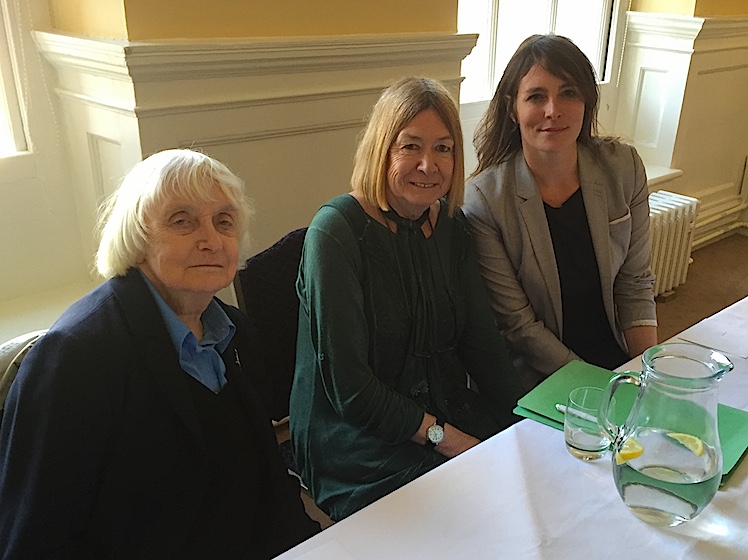
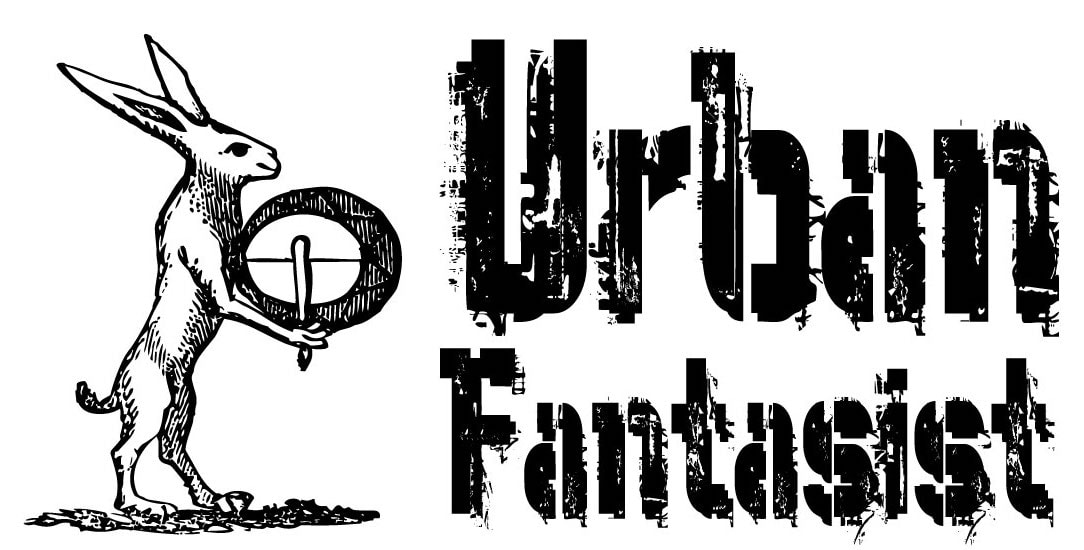
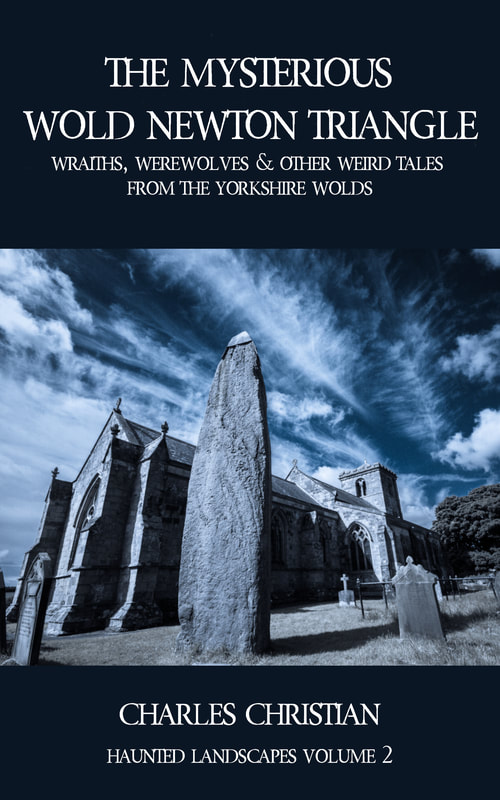


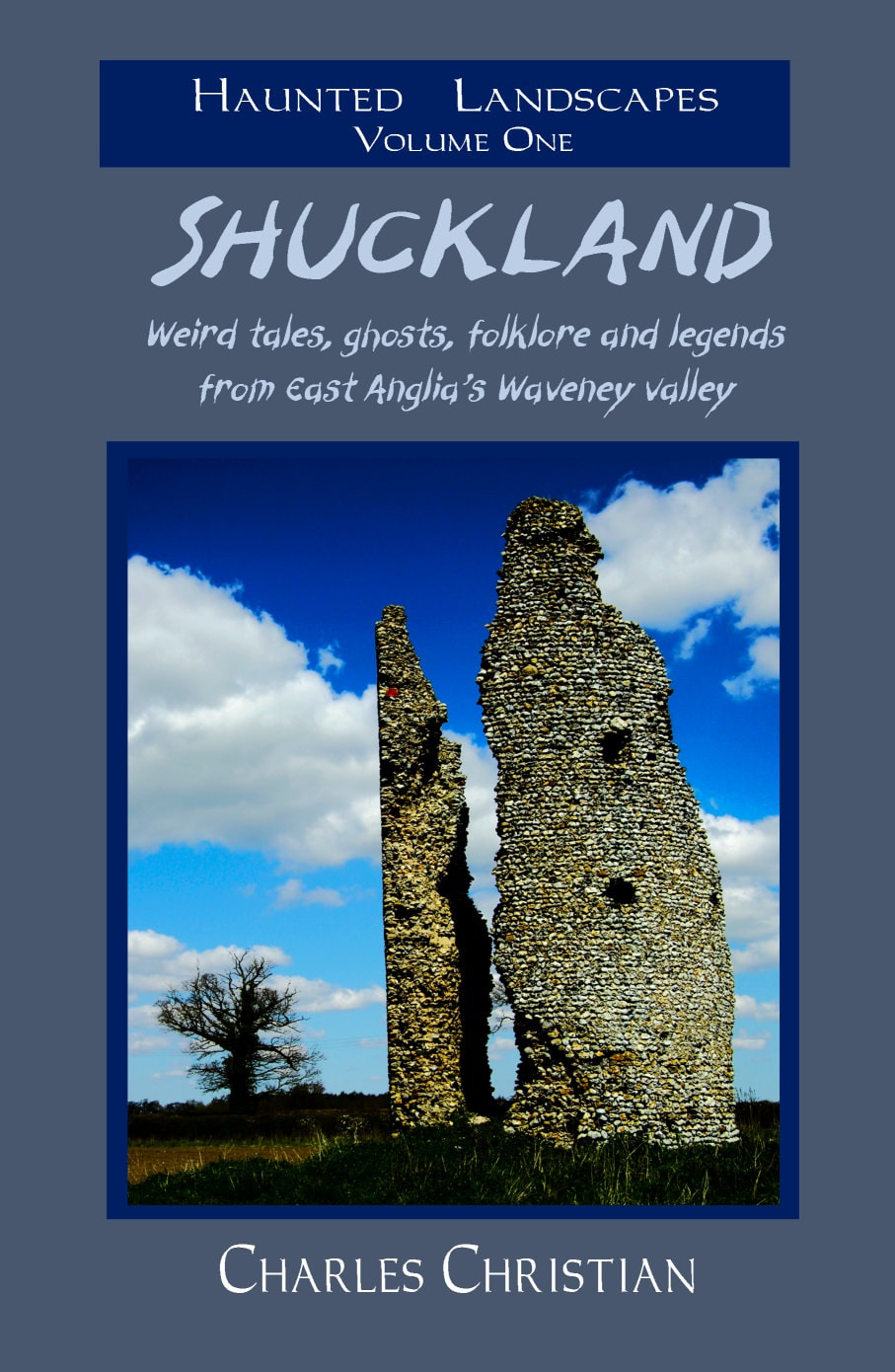

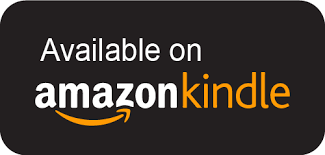
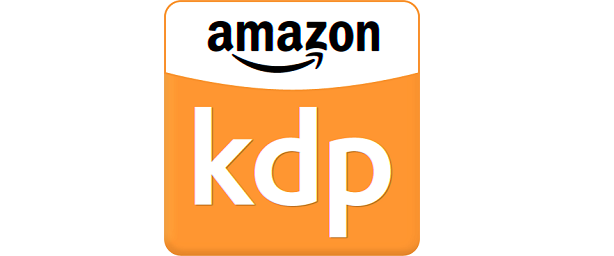
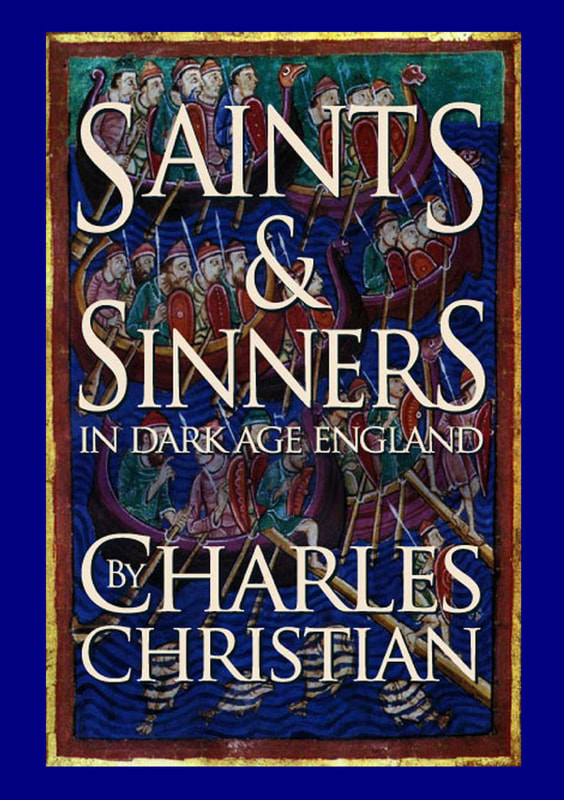
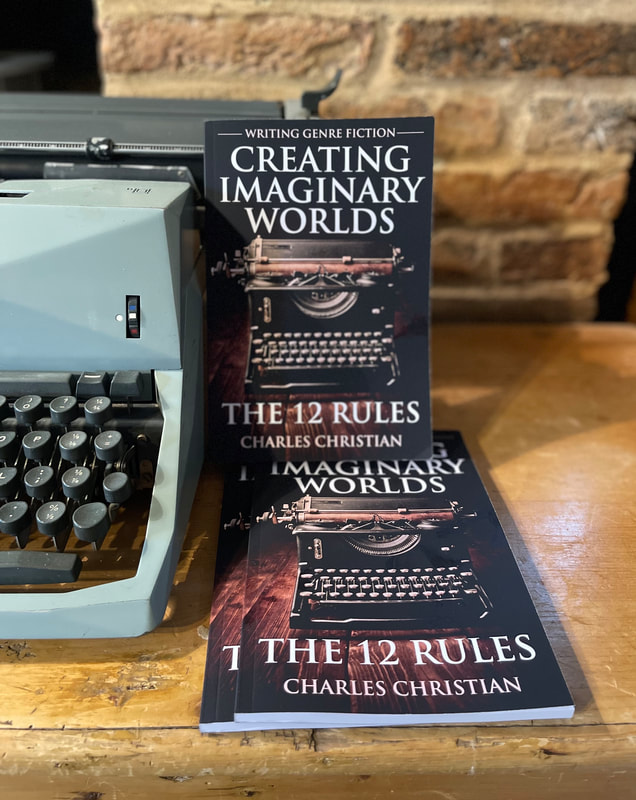
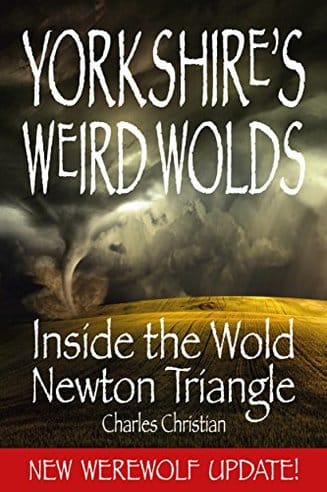
 RSS Feed
RSS Feed

